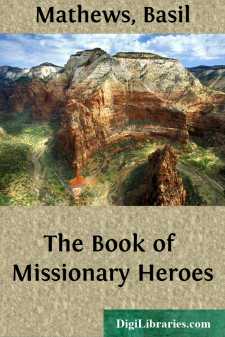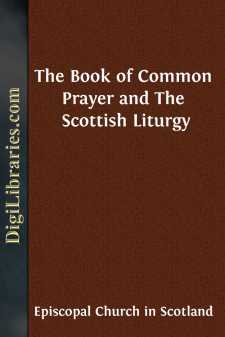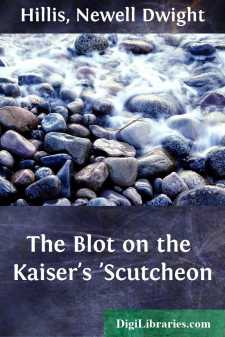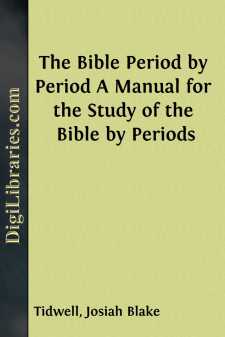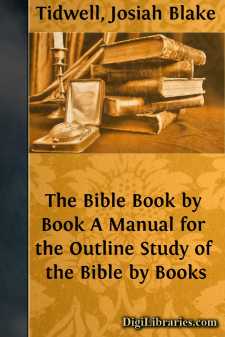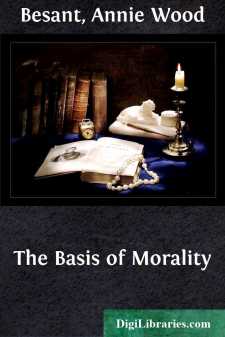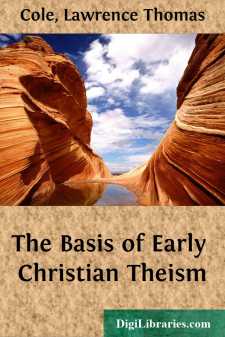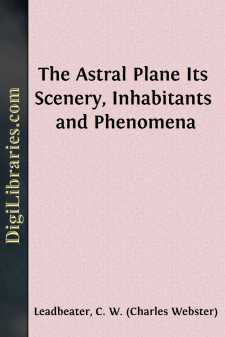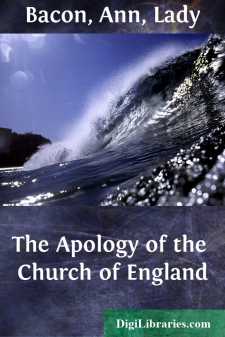Religion
- Agnosticism 2
- Antiquities & Archaeology 21
- Atheism 12
- Biblical Criticism & Interpretation 15
- Biblical Meditations 3
- Biblical Reference 1
- Biblical Studies 11
- Buddhism 8
- Christian Church 52
- Christian Education 5
- Christian Life 26
- Christianity 60
- Cults 2
- Devotional 6
- Eastern 2
- Education 4
- Eschatology 1
- Ethics 3
- General 60
- Gnosticism 1
- Hinduism 15
- History 28
- Holidays 10
- Inspirational 1
- Islam 8
- Judaism 3
- Leadership 1
- Meditations 3
- Monasticism 1
- Mysticism 11
- Philosophy 4
- Prayer 26
- Prayerbooks 5
- Religion & Science 12
- Sermons 54
- Spirituality 53
- Theism 2
- Theology 17
- Theosophy 15
Religion Books
Sort by:
by:
Basil Mathews
CHAPTER I THE HERO OF THE LONG TRAIL St. Paul (Dates, b. A.D. 6, d. A.D. 67) The Three Comrades. The purple shadows of three men moved ahead of them on the tawny stones of the Roman road on the high plateau of Asia Minor one bright, fresh morning. They had just come out under the arched gateway through the thick walls of the Roman city of Antioch-in-Pisidia. The great aqueduct of stone that brought the...
more...
THE PREFACE It hath been the wisdom of the Church of England, ever since the first compiling of her Public Liturgy, to keep the mean between the two extremes, of too much stiffness in refusing, and of too much easiness in admitting any variation from it. For, as on the one side common experience sheweth, that where a change hath been made of things advisedly established (no evident necessity so...
more...
1. The Kaiser's Hatred of the United States It is a proverb that things done in secret soon or late are published from the housetops. Certainly everything that was hidden as to the plots of the Potsdam gang is, little by little, now being revealed. Nothing illustrates this fact better than that volume published in Leipsic in 1907, called "Reminiscences of Ten Years in the German Embassy in...
more...
CHAPTER I. From The Creation to The Fall. Gen. Chs. 1-3 Problems Solved. This simple narrative solves some of the great problems about which philosophers have speculated and before which scientists have stood baffled. Every child of the human race has asked, "What is the origin of the material world, what is the origin of life, and what is the origin of sin?" In general the philosophers held...
more...
CHAPTER I. Why We Believe The Bible. There are two lines of proof of the reliability of the scriptures, the external and the internal. These different kinds of evidences may be put down, without separation, somewhat as follows: 1. The Formation and Unity of the Bible. There are sixty-six books written by nearly forty men, who lived at various times, and yet these books agree in making a perfect whole....
more...
I REVELATION Must religion and morals go together? Can one be taught without the other? It is a practical question for educationists, and France tried to answer it in the dreariest little cut and dry kind of catechism ever given to boys to make them long to be wicked. But apart from education, the question of the bedrock on which morals rest, the foundation on which a moral edifice can be built that...
more...
CHAPTER IINTRODUCTION A question which every author ought to ask of himself before he sends forth his work, and one which must occur to every thoughtful reader, is the inquiry, Cui bono?—what justification has one for treating the subject at all, and why in the particular way which he has chosen? To the pertinency of this question to the present treatise the author has been deeply sensible, and...
more...
Article I: Of God. Our Churches, with common consent, do teach that the decree of the Council of Nicaea concerning the Unity of the Divine Essence and concerning the Three Persons, is true and to be believed without any doubting; that is to say, there is one Divine Essence which is called and which is God: eternal, without body, without parts, of infinite power, wisdom, and goodness, the Maker and...
more...
INTRODUCTION Reference to the astral plane, or Kâmaloka as it is called in Sanskrit, has frequently been made by Theosophical writers, and a good deal of information on the subject of this realm of nature is to be found scattered here and there in our books; but there is not, so far as I am aware, any single volume to which one can turn for a complete summary of the facts at present known to us about...
more...
by:
Ann Bacon
INTRODUCTION. The great interest of Jewel’s “Apology” lies in the fact that it was written in Latin to be read throughout Europe as the answer of the Reformed Church of England, at the beginning of Queen Elizabeth’s reign, to those who said that the Reformation set up a new Church. Its argument was that the English Church Reformers were going back to the old Church, not setting up a new; and...
more...


